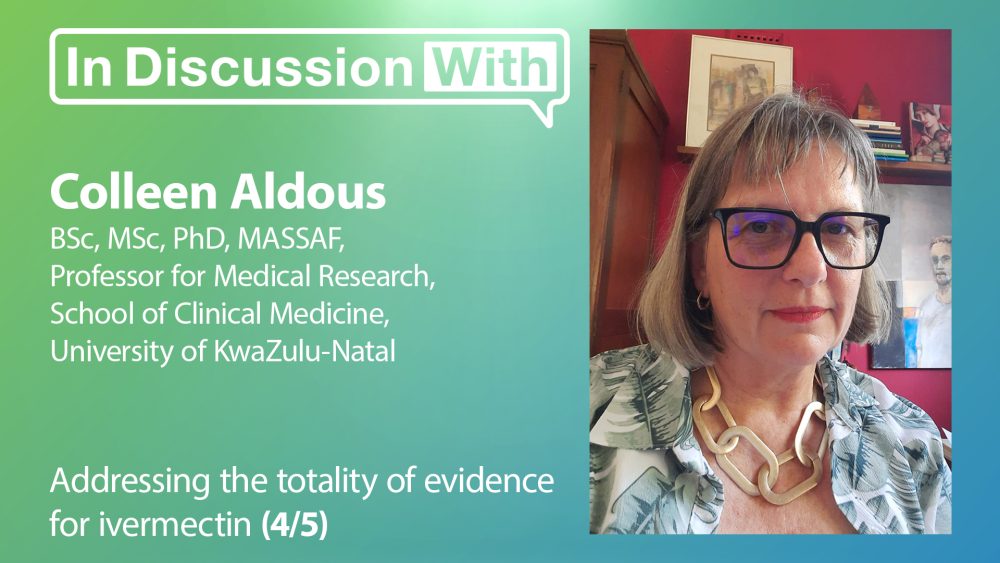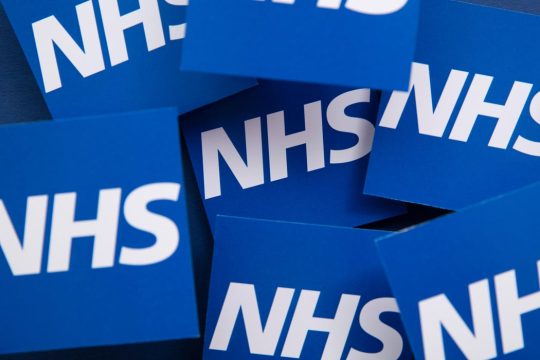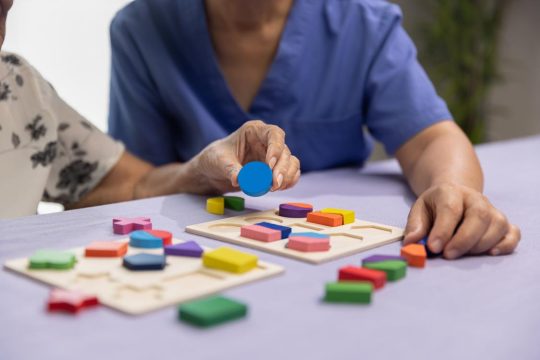Advertisment
Addressing the totality of evidence for ivermectin

When assessing repurposed drugs in a pandemic situation, the totality of evidence should be considered rather than RCTs alone; had this been done the pandemic could have been over sooner, argues Colleen Aldous, Professor for Medical Research, University of KwaZulu-Natal.
Professor Aldous describes how evidence to support the use of ivermectin for covid-19 came together from a variety of sources. The drug had been in use for several decades and was already known to be safe in large doses. “Early on in the pandemic, in about April, we had Kylie Wagstaff’s group showing us that it killed the virus in a Petri dish… so why not try it?”, she says. There followed a number of case studies and comparative studies with mixed results. “It was only in the beginning of 2020 that I started monitoring the data and I started looking at all the data from January 2020 that has to do with ivermectin and covid-19. In October last year I could see that there was an almost equal amount of ‘absolutely yes, ivermectin works’ and ‘absolutely no, ivermectin doesn’t work’ and a whole lot in between where people said ‘we’re seeing signals that it will work – we just need more research’.” Part of the reason for this was that researchers had realised that even if the results clearly showed a positive effect, without this caveat at the end of their papers they would not be published, she explains. “And that’s what has happened. Everybody has been saying, ‘Bring me one large randomised, controlled trial and I’ll change my mind’. Well, that is antiquated thinking; it’s thinking …. it’s a modern thing to do a randomised, controlled trial but it’s not appropriate in a pandemic”.
Considering all the evidence
“What is wrong with a good doctor, like Jackie Stone for example, reporting on what’s happening on her 37 patients where she has seen the blood oxygenation improve, she’s got the figures. Why is that data dismissed?”
“We should have been looking at the totality of evidence just as David Sackett – the father of evidence-based medicine – wanted it to be. Never once did he say a randomised, controlled trial was the gold standard but you’ve got to look at the totality of evidence”, says Professor Aldous. She also believes that the oft-cited pyramidal diagram for the hierarchy of evidence has been misinterpreted. “People have changed what it was meant to be – an hierarchy of certainty. So, clearly, a randomized control trial has more certainty than a straight observational trial but people have misinterpreted that – in print and in textbooks – as being quality”, she says.
Professor Aldous suggests that what is needed is a way to take into account all the pieces of evidence that are available to build a more rounded picture of the way that a drug performs. She plans to publish a proposed scheme for this in future.
There also needs to be a critical analysis of the design of some trials. “Many of those randomised, controlled trials that show negative results used ivermectin too late or in doses that were inappropriate. Some people have said ‘designed to fail’ – I don’t know if I’m that cynical, I just think people just didn’t know and this particular Medincell trial [SAIVE] shows us exactly where we should be using ivermectin”, she says. “In general, if you’re seeing a trend across the globe of people saying, ‘I’m using this drug and it’s working’, it’s not rubbish”, she adds.
In summary she says: “If we’ve got a 59 per cent reduction in mortality as the TOGETHER trial shows, we could have saved lives. If there’s a 72 per cent reduction in in morbidity, we could have saved working hours. So, the ‘type 2 error decision’ based on waiting for one large, randomised controlled trial – which might not be well designed – was wrong. We should have made a ‘type 1 error’ decision, tried it out, gathered the information, and it would have all been over a lot sooner”.
Read and watch the full series on our website or on YouTube.





